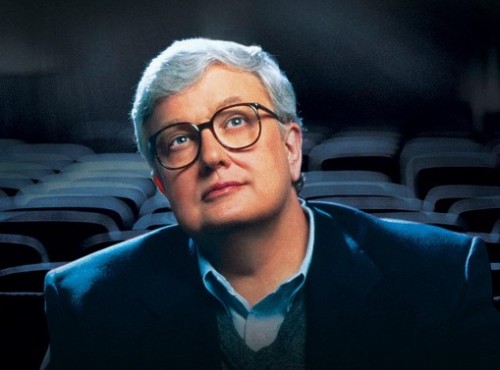
Life Itself (2014) / Documentary
MPAA Rated: R for brief sexual images/nudity and language
Running Time: 115 min.Cast: Roger Ebert, Chaz Ebert, A.O. Scott, Richard Corliss, Marlene Iglitzen, Ramin Bahrani, Martin Scorsese, Werner Herzog, Errol Morris, Ava DuVernay, Stephen Stanton (voice)
Director: Steve James
Review published July 10, 2014
 It's only fitting that a man who has
dedicated his life to the movies and the people who make them would,
in turn, get a movie made about him. And more, the film would be
made by those whose careers were given a boost due to the publicity
they had received when they were struggling by the person who would
become the most well-known film critic in the country. Roger
Ebert was more than a thumb that pointed up when he liked a movie, and
down when he didn't. He was a person, just like you and me, that
you felt you could approach and talk to about your own passion about
movies, and he'd only be too glad to share in that passion. And
unlike other film critics, you got the sense that he wouldn't look
down upon you for disagreeing.
It's only fitting that a man who has
dedicated his life to the movies and the people who make them would,
in turn, get a movie made about him. And more, the film would be
made by those whose careers were given a boost due to the publicity
they had received when they were struggling by the person who would
become the most well-known film critic in the country. Roger
Ebert was more than a thumb that pointed up when he liked a movie, and
down when he didn't. He was a person, just like you and me, that
you felt you could approach and talk to about your own passion about
movies, and he'd only be too glad to share in that passion. And
unlike other film critics, you got the sense that he wouldn't look
down upon you for disagreeing.